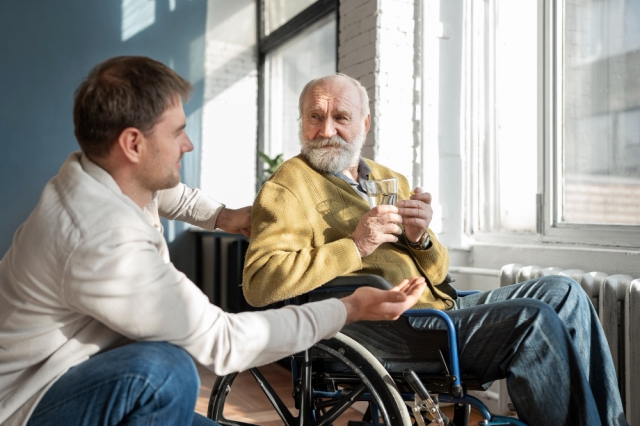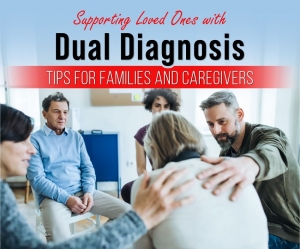When a stroke happens, life as the patient and their family knew it simply stops, replaced by a new, lasting reality. Immediate medical attention is critical when a stroke occurs, but that isn't where the road stops. Beyond emergency treatment, ongoing support becomes essential for long-term recovery.
Palliative care has an important role in this space: recovery can be lengthy and arduous. With Stroke Palliative Care, people experience a better daily life. It handles their body's health, their emotional state, and their spiritual comfort. This comprehensive approach helps patients and families handle the difficulties ahead with greater confidence.
Understanding Palliative Care
Palliative care is a specialized approach that provides relief from the symptoms and stress of serious illness. It makes daily living much smoother for patients and brings peace of mind to their loved ones. A team of medical professionals—doctors, nurses, and other experts—all work side-by-side. They team up to give you a full picture of your care.
While palliative care is often confused with end-of-life care, the truth is that it can be beneficial at any stage of a serious illness. It is given in conjunction with curative treatment and is focused on individual needs and preferences.
Physical Relief and Support
Physical problems are common for patients after a stroke. You might struggle to walk across the room or even just speak clearly. Daily activities, from getting dressed to making a cup of coffee, suddenly feel incredibly difficult. Palliative care teams give medicine for stubborn pain and other symptoms. They also help patients with rehab to feel better.
Therapists craft a personal plan just for you. This includes exercises and new approaches to boost your movement and make talking simpler. Such interventions can make a real difference to the quality of life for the patient as well as their ability to, at least in part, regain independence.
Emotional and Psychological Assistance
Stroke can have a huge emotional and psychological toll. Changes in the way a patient moves, feels, or does things can lead to anxiety, depression, or frustration. Palliative care offers counseling and therapy that is not limited to just physical health situations but that invites the patient to discuss their feelings and worries and to develop coping mechanisms. According to the National Institute of Neurological Disorders and Stroke, emotional support is a critical component of stroke recovery and rehabilitation.
Even family members can have some emotional struggles. The burden of providing care is a big undertaking, and the dynamic of the family has shifted a lot as well; it can be both mentally and physically taxing. When family stress feels heavy, palliative care helps you find relief. Such relief happens through comforting group discussions and private talks with skilled counselors.
Spiritual Care and Meaning
Palliative care tackles not only physical and emotional but also spiritual needs. When someone is recovering, they naturally search for deeper meaning and a sense of calm. Spiritual care providers usually seek to provide guidance and support in accordance with the belief system and values of those they assist.
When families care for a loved one, spiritual guidance brings them comfort and a willing ear. You and your family can find real peace and a settled heart here. The program walks with patients and families, helping everyone feel understood and calm during the healing journey.
Communication and Decision-Making
Clear communication goes a long way, especially in the era of complex medical scenarios. Palliative care staff start important conversations. They talk directly with patients, their loved ones, and other medical providers. They get to the bottom of care goals, making them clear for everyone. Then, they openly share all the different treatment paths.
It can be stressful to be involved in this process of decision-making; however, this process can be made easier with the proper guidance so that families are guided to a decision that represents the values and wishes of the patient. Through this collaborative approach, patients gain a powerful voice and feel completely in charge.
Conclusion
Palliative care gives a steady hand to stroke patients and their families. It delivers vital comfort and help right when they need it. It looks after the whole person, covering physical health, emotions, and spiritual well-being. This method indeed helps in the rehabilitation of people affected by stroke.
Patients and families do not have to suffer through the complexities of recovery in isolation; together with care providers, they can experience the dignity and hope that comes with compassionate, effective care. When individuals receive this type of assistance, they become more resilient. Everyone involved can then look forward to a better tomorrow.






